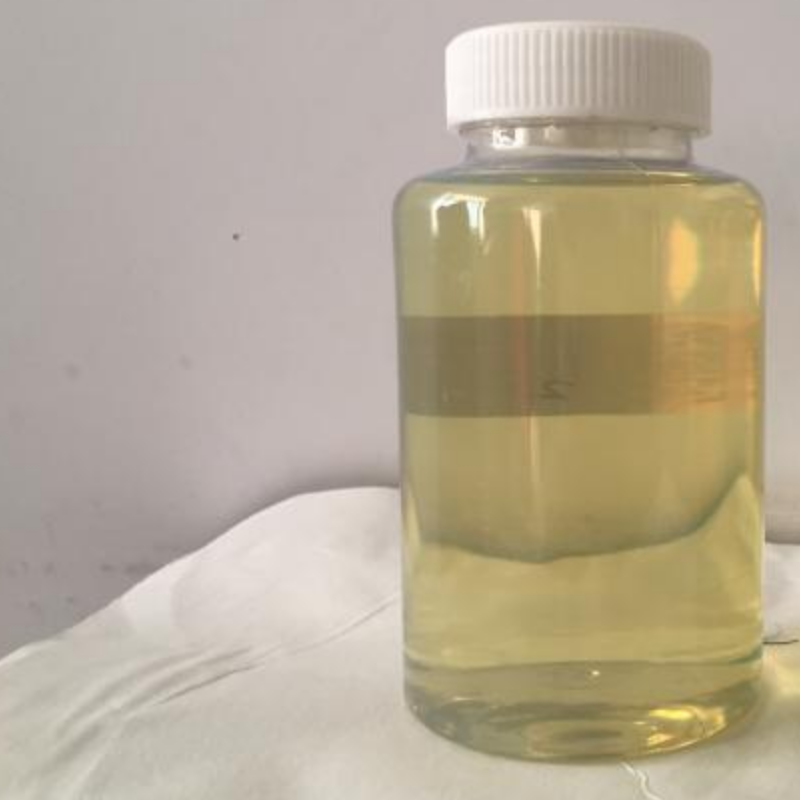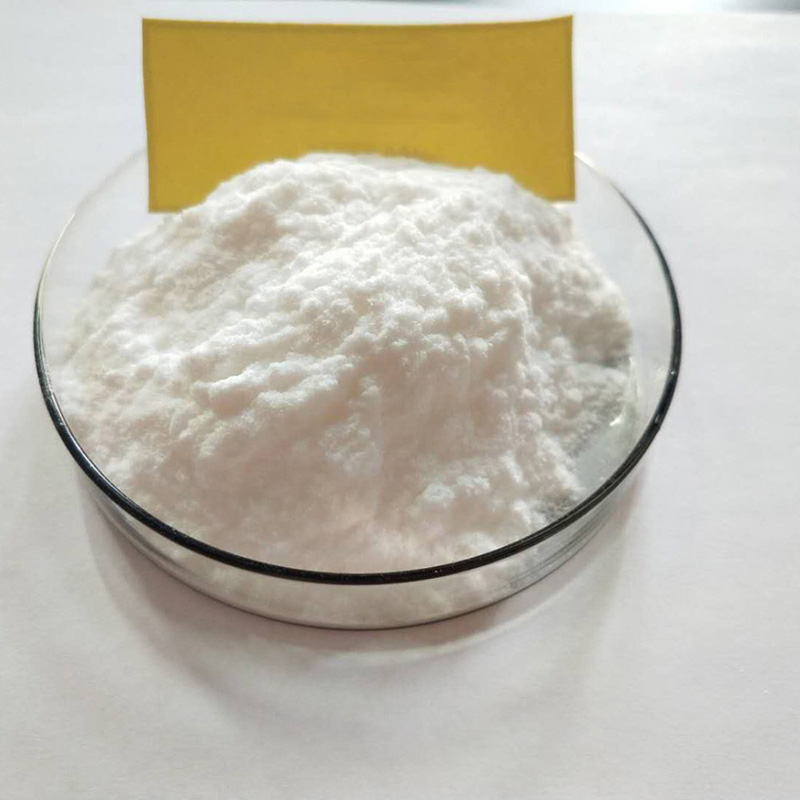Fipronil broad-spectrum insecticide for insect and pest control
Product description
Fipronil is a broad-spectrum insecticide active by contact and ingestion, which is effective against adult and larval stages. It disrupts the insect central nervous system by interfering with the gamma-aminobutyric acid (GABA) - regulated chlorine channel. It is systemic in plants and can be applied in a variety of ways. Fipronil can be used at the time of planting to control soil pests. It can be applied in-furrow or as a narrow band. It requires thorough incorporation into the soil. Granular formulations of the product can be used in broadcast applications to paddy rice. As a foliar treatment, fipronil has both preventative and curative activity. The product is also suitable for use as a seed treatment. Fipronil contains a trifluoromethylsulfinyl moiety that is unique among the agrochemicals and therefore presumably important in its outstanding performance.
In field trials, fipronil showed no phytotoxicity at the recommended rates. It controls organophosphate-, carbamate- and pyrethroid-resistant species and is suitable for use in IPM systems. Fipronil does not adversely interact with ALS-inhibiting herbicides.
Fipronil degrades slowly on vegetation and relatively slowly in soil and in water, with a half-life ranging between 36 hours and 7.3 months depending on substrate and conditions. It is relatively immobile in soil and has low potential to leach into groundwater.
Fipronil is highly toxic to fish and aquatic invertebrates. For this reason disposal of fipronil residues (e.g. in empty containers) in watercourses must be absolutely avoided. There is a certain environmental risk of water pollution from run-off after pour-on administration to large cattle herds. However this risk is substantially lower than the one associated with the use of fipronil as a crop pesticide.
CropUses:
alfalfa, aubergines, bananas, beans, brassicas, cabbages, cauliflowers, chillies, crucifers, cucurbits, citrus, coffee, cotton, crucifers, garlic, maize, mangos, mangosteens, melons, oilseed rape, onions, ornamentals, peas, peanuts, potatoes, rangeland, rice, soybeans, sugar beet, sugar cane, sunflowers, sweet potatoes, tobacco, tomatoes, turf, watermelons














